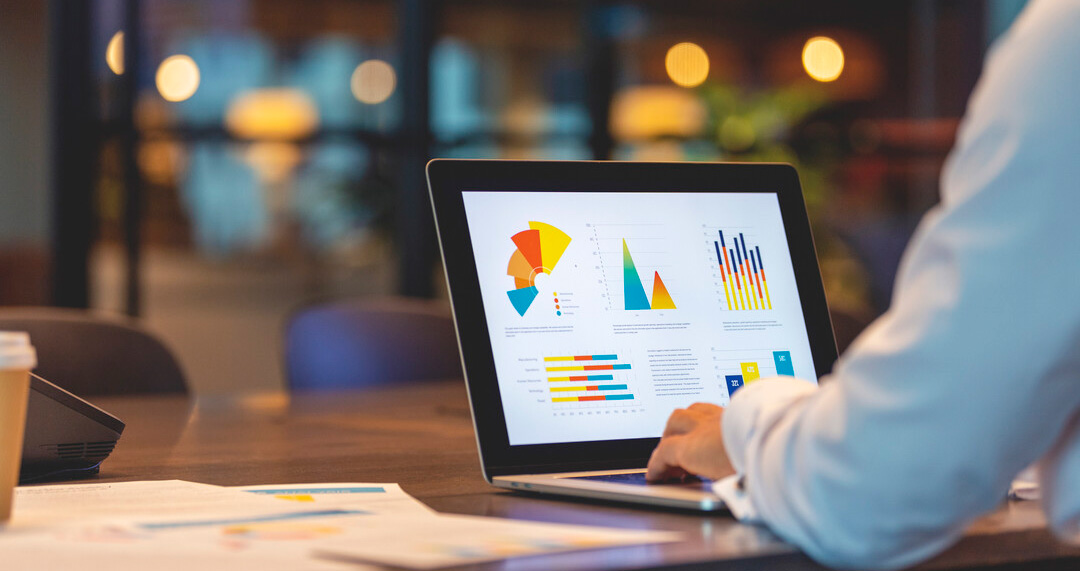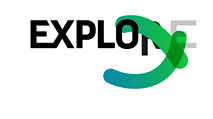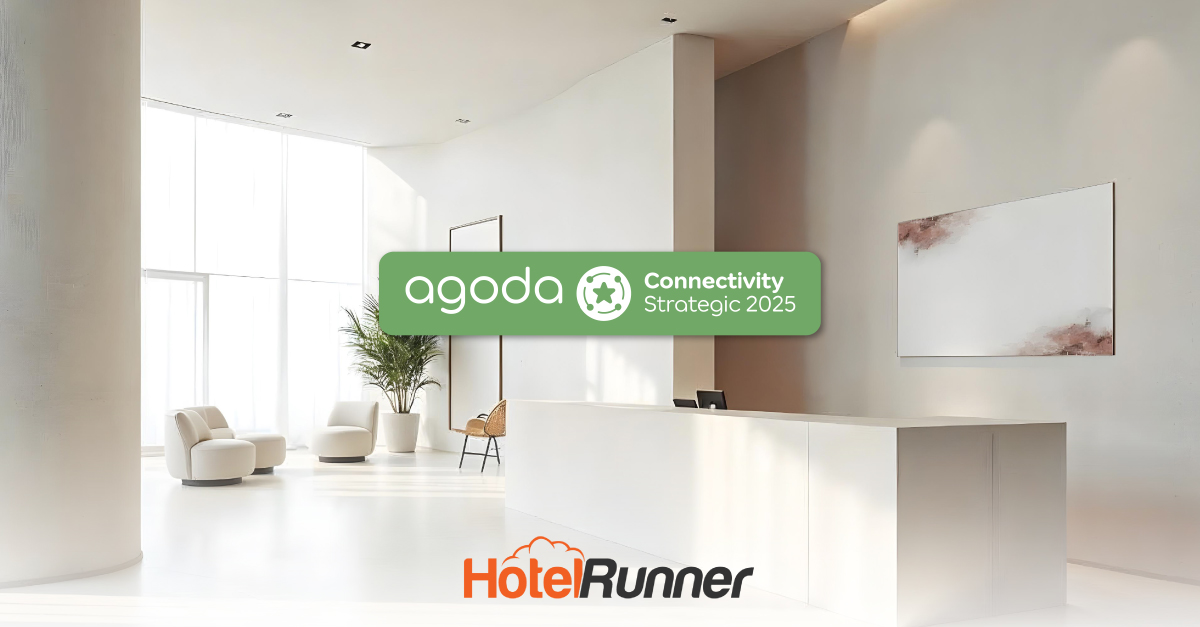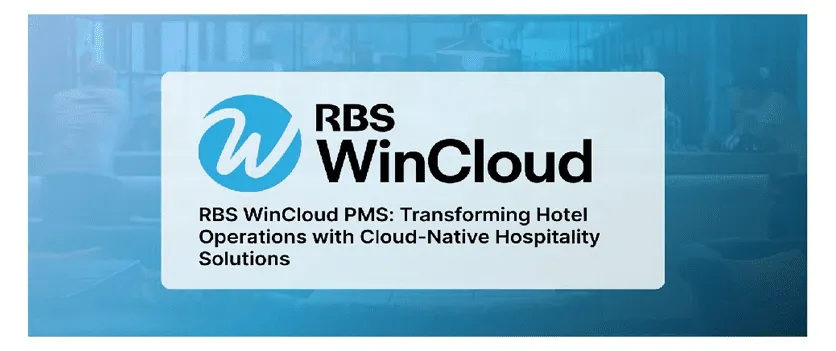

The era of business as usual is over! The future of analytics in the hotel industry is poised for transformative changes, driven by deep advancements in technology. At Juyo Analytics, we are observing eight key trends:
1. Bridging the Talent Gap in Hotels
As analytics become more integral to the hotel industry's operations, there is an increasing need for talent capable of interpreting and leveraging data effectively. Hotels are responding by investing in training and development programs to upskill staff, and by recruiting specialists in data science and analytics. Additionally, we are witnessing the emergence of Data Intelligence or Chief of Intelligence roles even in relatively small hotel companies.
2. Self-Service Analytics Arrives in Hotels
The era of reporting is over! Welcome to the age of visual analytics! Self-service Visual Analytics platforms are democratizing access to data, enabling non-technical hotel staff to perform complex data analyses without IT intervention. These platforms feature user-friendly interfaces that empower anyone to create rich analytical dashboards, accelerating the decision-making process and fostering a data-driven culture across all organizational levels.
3. Analytics Expands Across the Enterprise
Analytics is no longer confined to specific departments such as revenue management or commercial disciplines. Its application now extends across the entire enterprise, from finance to operations and food and beverage. This holistic approach fosters a more integrated view of the hotel's performance, where insights from one area inform actions in another, leading to greater efficiency and profitability. Moreover, with increased APIs and open connectivity, external data can be blended with internal data, providing additional context.
4. Personalization
Different team members require different pieces of information to make informed decisions. Tailoring information access to ensure that each team member receives only the most relevant data is crucial for maintaining efficiency and focus within an organization. Selective sharing helps avoid information overload, prevents distractions from irrelevant details, and ultimately facilitates the faster achievement of goals.
5. Conversational AI
Artificial intelligence (AI) is becoming increasingly embedded in analytics, with conversational AI surfacing underlying data trends. This advancement is transformative for time-starved hotel staff, automating repetitive tasks and allowing them to focus on decision-making rather than report compilation.
6. Cognitive Operations
Cognitive operations involve leveraging AI and machine learning to automate and optimize hotel operations, ranging from workforce planning and ordering to predictive maintenance and energy management. By utilizing real-time data and predictive analytics, hotels can enhance operational efficiency, reduce costs, and improve guest satisfaction, achieving the perfect balance between revenue growth, productivity, and online reviews.
7. CRM 2.0
The next generation of customer relationship management (CRM) systems in hotels is being shaped by analytics. CRM 2.0 goes beyond managing customer data to actively generate insights that drive personalized marketing campaigns and enable real-time personalization. These systems are increasingly integrated with other data sources across every touchpoint, offering a comprehensive 360-degree view of the customer.
8. Changing Perspectives
Analytics is prompting a fundamental shift in how hotels approach their business. Innovative companies are leveraging data in new ways, inspiring novel strategies such as reorganizing the P&L around the customer to determine individual customer profit contributions or analyzing revenue and profit performance per square meter, whether it's rooms, M&E, restaurants, or retail. After all, hotels are real estate.
Juyo Analytics: Connecting the Dots
With Juyo's cutting-edge visual engine, you can create customized analytics visualizations that seamlessly integrate information from all your critical systems.







